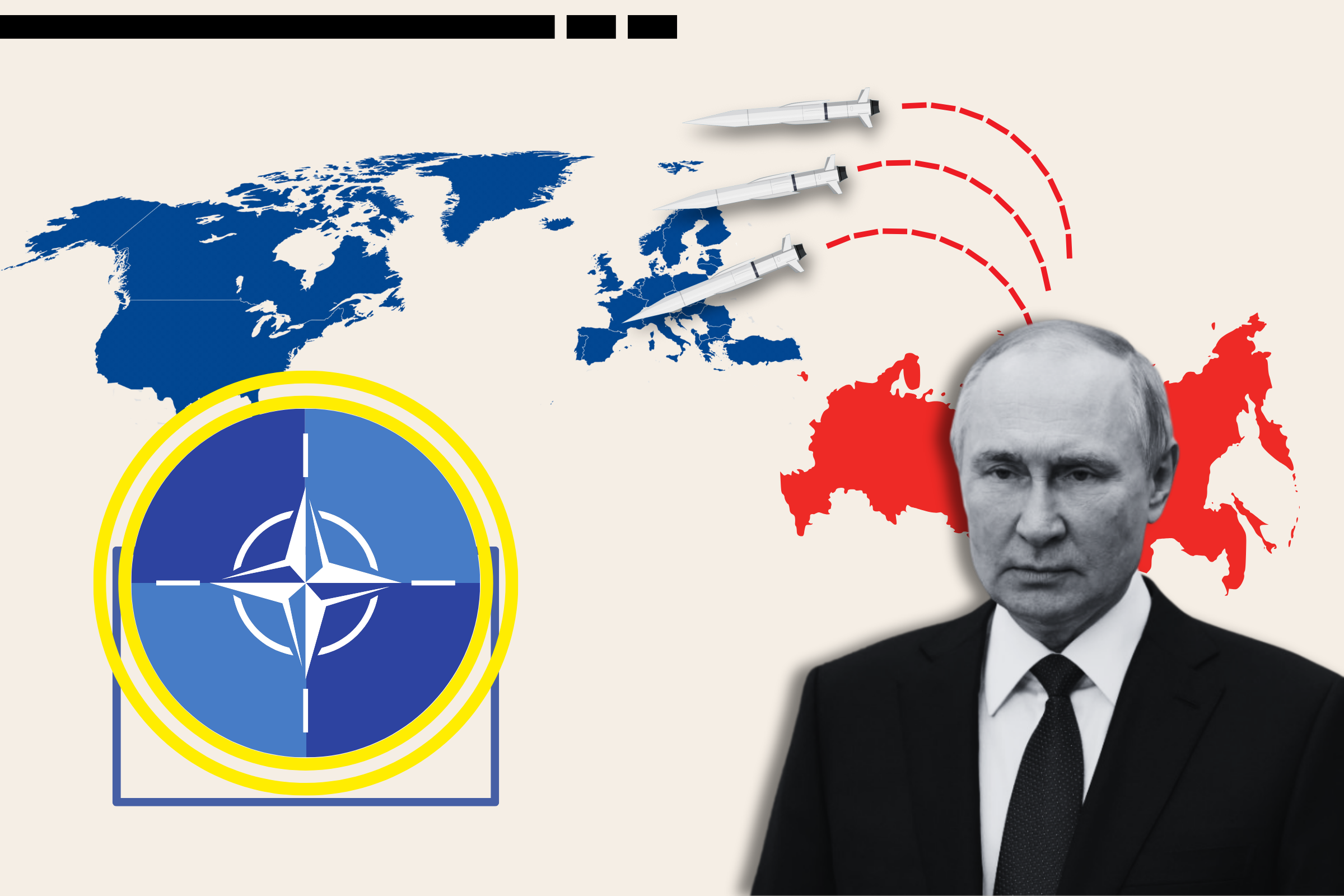A lawyer representing the whistle-blowing Web site WikiLeaks says U.S. government officials have been given codes and passwords granting them online access to official U.S. government documents that WikiLeaks so far has not published.
Timothy Matusheski, a lawyer from Hattiesburg, Miss., who says he represents whistle-blowers and has been in touch with both WikiLeaks founder Julian Assange and at least one government official involved in investigations of WikiLeaks, said the site had set up a "secure channel" through which authorized users could access the unpublished material. He said credentials for using this channel had been forwarded to representatives of the U.S. government whom he did not identify. Pentagon spokesman Bryan Whitman did not immediately respond to requests for comment.
Matusheski indicated that the reason WikiLeaks had taken these steps was to make good on its offer to try to work with U.S. authorities to remove from reports, published in the future by the Web site, sensitive information that could put innocent lives in jeopardy.
Matusheski said U.S. officials had even been given access to an online mechanism through which they would be able to redact what they consider potentially sensitive information. Matusheski says he himself has been given only a portion of the codes needed to access the unpublished material. So, he says, the U.S. government now has wider and more complete access to the material than he did.
Matusheski did not explain how WikiLeaks allegedly passed this information on to government representatives, and he said he has no knowledge of whether anyone in the government has actually used the codes to take a look at unpublished material in WikiLeaks' hands.
Earlier this week, Assange and Pentagon spokesmen indulged in a bout of long-distance name-calling, with Pentagon spokesmen denying that U.S. defense officials had "any direct contact with WikiLeaks," and Assange insisting, in an interview with the Associated Press in Stockholm, that the U.S. had expressed a willingness to discuss a request from WikiLeaks that U.S. officials help the Web site redact Afghan war documents that it has in its possession but hasn't yet published. In an e-mail to Declassified, Assange insisted: "We are correct, the Pentagon lies or misleads, as per usual."
Not long after the "liar, liar" accusations began flying between Assange and Pentagon spokesmen, WikiLeaks posted, via Twitter, a copy of an Aug. 16 letter that Jeh Johnson, the Defense Department's general counsel, had sent to Matusheski. In the letter—which was sent out before the Pentagon spokesman gave us their denials of any "direct" contact with WikiLeaks—Johnson claimed that Matusheski, on behalf of WikiLeaks, had sought a conversation with someone in the U.S. government to discuss "harm minimization" with regard to 15,000 official Pentagon reports on the Afghan war that WikiLeaks has been threatening to make public.
In the letter, however, Johnson reiterates the Defense Department's position as it was stated by official spokesmen to Declassified: "The Department of Defense will not negotiate some 'minimized' or 'sanitized' version of a release by WikiLeaks of additional U.S. Government classified documents. The Department demands that nothing further be released by WikiLeaks, that all of the U.S. Government classified documents that WikiLeaks has obtained be returned immediately, and that WikiLeaks remove and destroy all of these records from its databases."
The disclosure that the Pentagon had sent its letter to Matusheski before its spokesmen issued denials to Declassified of "direct" contacts with WikiLeaks attracted a certain amount of commentary in the blogosphere (see this item by Salon's Glenn Greenwald) questioning the credibility of the official Pentagon story and the sincerity of assertions by Pentagon reps that WikiLeaks alone is putting innocent lives in jeopardy.
A second WikiLeaks lawyer, Julie Turner of Palo Alto, Calif., told Declassified on Friday that earlier this summer—after news stories began to appear about the arrest of a U.S. soldier alleged to be a WikiLeaks source, but before WikiLeaks published the first tranche of its trove of Pentagon documents on the Afghan war—she had engaged in an after-hours call with State Department officials in which she gave them reliable contact information for WikiLeaks, whose leading figure, Assange, is notorious for being hard to reach.
However, neither Turner nor Matusheski said they ever had an indication from any official representative of the U.S. government that authorities were in any way willing to engage or cooperate with WikiLeaks in prepublication review of any official reports in the Web site's possession. Hence, while both WikiLeaks and government officials sometimes appear to have tried spinning the facts to their advantage, both parties appear to have at least been consistent in stating their respective positions on cooperation with each other—or lack thereof.
Matusheski added that on Friday, an Army investigator working on the case of Bradley Manning, an Army soldier linked to WikiLeaks who has been charged with unauthorized handling of classified reports, had contacted him about a possible meeting next week. Matusheski said the Army investigator, Chuck Ames, said he expected to bring along three colleagues, including a lawyer—presumably a federal prosecutor—from the office of the U.S. attorney for the Eastern District of Virginia. Matusheski said Ames did not explain the purpose of the meeting, but that the Army investigator did advise Matusheski that his party intended to respect any attorney-client privilege he wished to assert.
Uncommon Knowledge
Newsweek is committed to challenging conventional wisdom and finding connections in the search for common ground.
Newsweek is committed to challenging conventional wisdom and finding connections in the search for common ground.
About the writer
To read how Newsweek uses AI as a newsroom tool, Click here.








